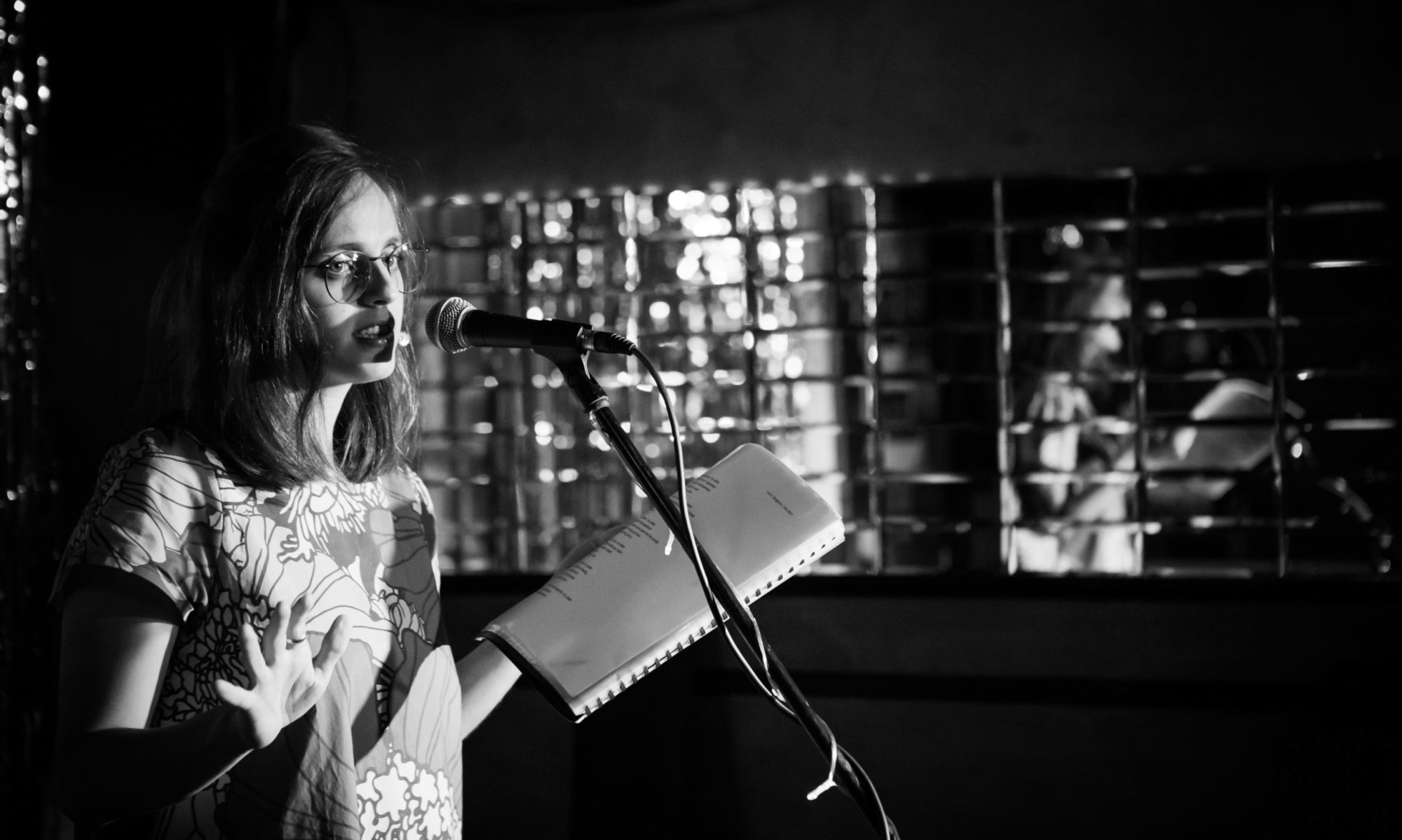Last year feels impossible to summarise, perhaps because living it felt exhausting or all consuming. This was the first year out of lockdowns in a while, and I have also done some huge things, personally and professionally.
Here’s a very brief summary of 2022, a few things I’m grateful for, and my intention setting for 2023.
Personally, in 2022, I:
- had another baby (!!)
- moved house, and set up a home in a new area
- had overseas family visits
- became an Australian citizen, then voted in a victorian election
Professionally, in 2022, I:
- completed a full year of practicing as a Provisional Psychologist.
- completed the final project of the ABC top 5 Arts residency and released a radio package about disability representation in fiction through The Book Show.
- have produced, created and hosted the second season of the (Un)marginalised Podcast, which included a live, hybrid recording event with an audience, as a part of Melbourne Fringe Festival. What an honour to have a physical and online rooms filled with people who engaged in the conversation I had with Carly Findlay about disability, ableism, intersectionality, and more.
- officially became a published author when the book We’ve Got This came out with Black Inc. books (edited by Eliza Hull). I was also lucky enough to have a launch event at Readings, talk about my experience, and participate in a book panel about parenting with a disability as a part of a Mother’s Day event.
- spoke at a medical conference for the first time IRL: about disability, ableism inclusion and anti-ableism work
- was appointed editor of Writing Place 2022 by Arts Access Australia. What a privilege it was to read the works of disabled creators and curate a magazine filled with talent, wisdom and authenticity.
- had my first live radio interview with 3RC, talking about writing disabled parenting. Find it here.
- was interviewed for 9 News about my experience of anticipating birth as a disabled person during the covid restrictions. Find the article here.
- Was published in ABC Art. I wrote about disability representation in fiction. It was so great to speak with two disabled authors I respect and admire for the article and the radio package.
A few things I am grateful for over the last year:
- Being supported by family, gifted family & chosen family in the transition to becoming a family of five (Chilli included)
- Asking for help when things got hard and prioritising just enough self-care to sustain my health
- Visits from overseas family and spending time together
- Moving house and starting to make it our home
- Having multiple opportunities to write, advocate, educate, train and speak with people and groups or organisations about disability, justice and intersectionality
- Getting to know new people, and connecting with people who engaged open heartedly with the content and with us
- Growing my Patreon community that supports my website, podcast and advocacy work
- Becoming a published author
Intentions for 2023:
- Focus on completing as many requirements for my internship as possible
- Form a new writing group
- Create a writing routine that fits with my other commitments
- Prioritise self-care and form routines for exercise and sleep
- Spend my kids’ day doing enriching activities
- Rest
- Be present
Thank you for all of your support over the last year!
A special shout out to Sally Bridgford and Yaron Kenigsman for their Patreon support! Could not have done everything without you ❤️
If you want to get more behind the scenes content my Patreon account is on https://www.patreon.com/LielKBridgford
Until next time,
Liel K. Bridgford





